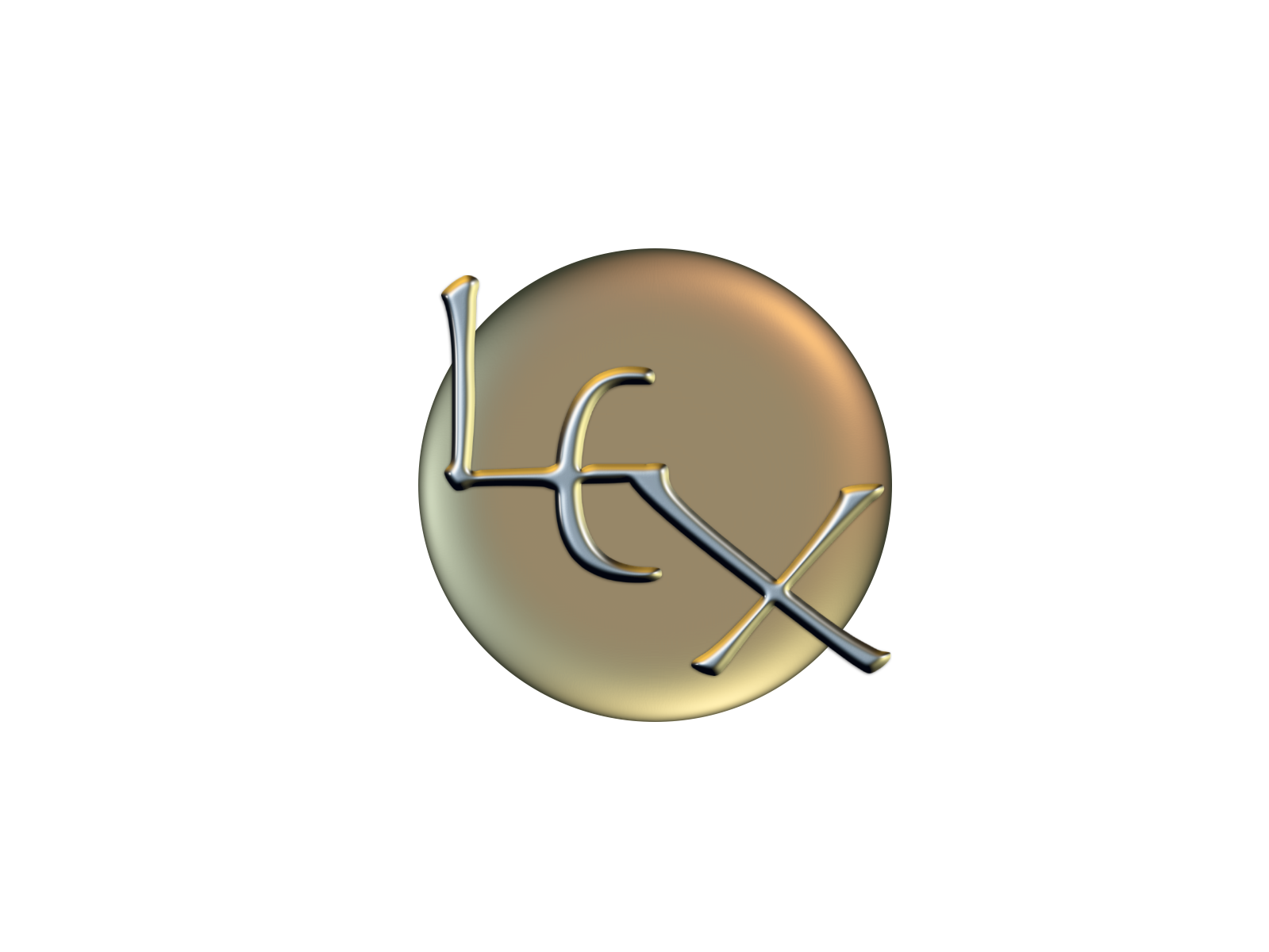A dozen years ago, Doug Harper and I offered our first Etymology! weekend conference. It was a mitzvah. One of my favorite memories of that weekend is Doug's explanation of all the kooky emails he gets from people around the world, insisting that he's wrong about such-and-such a word, and that surely it really must come from their language. One such word is potato, a tuber now ubiquitous around the world, but native to the New World: what we now think of as the Irish potato is bred from a plant native to Peru, and sweet potatoes are native to other parts of Latin America and the Caribbean. But Doug told us about a Middle Eastern guy convinced that it was originally an Arab word. I remember Doug's caution throughout the weekend urging caution with such chauvinistic thinking: "Otherwise, the Potato Guy wins."
The now nearly universal staple of the potato is one of the plants that is illustrated and illuminated in Dave Buchen's new book, Why is an Apple an Apple? A Garden of Etymology. An extraordinary woodcut artist and the author of Why is a Tiger a Tiger? A Bestiary of Etymology, Dave notified me recently of his new endeavor, and I offered to carry it in my store. Dave is a creative, gentle, and generous guy, and our joint publishing ventures span more than a decade now.
Reading through Dave's book, I also decided to offer a free-form 2-hour LEXinar, Why a Word is a Word, to explore these two books, especially the new one. The LEXinar will critically inquire into how etymology is presented in the books and in other resources. We will also explore specific ways to incorporate these books into your etymological study with students of all ages. The book and the class can be bundled in my store for a discount.
Here are a few of the reasons I decided to offer the class – and how to get the deepest discount:
Why a Word is a Word
Why is a great etymologist a great etymologist?
